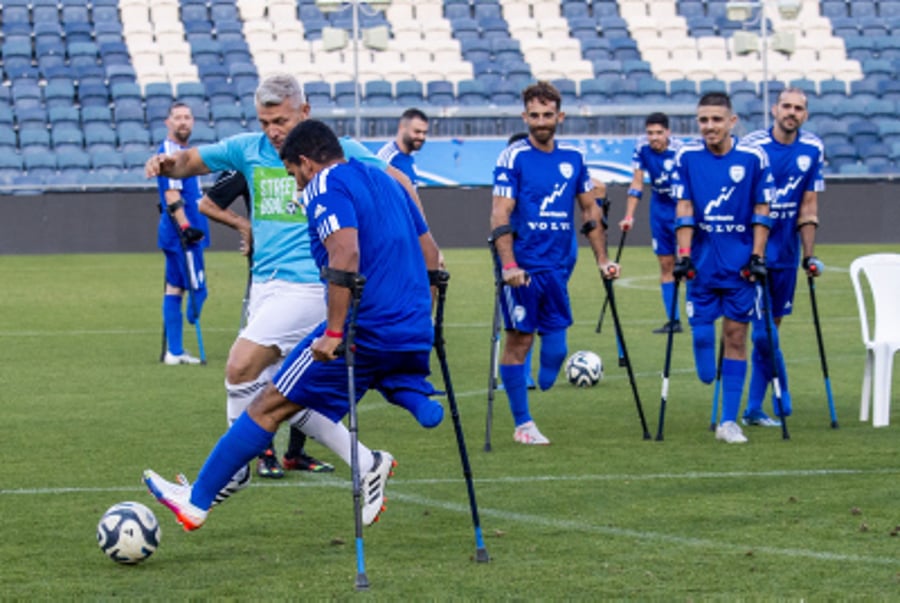
In a bold move that's reshaping Israel's fashion landscape, wounded veterans and terror attack survivors are taking center stage in ad campaigns, challenging societal norms and redefining beauty.
Renuar, a leading Israeli fashion chain, has launched a groundbreaking campaign featuring models with prosthetic limbs and in wheelchairs alongside their regular faces. The message is clear and powerful: "We didn't lose, we gave."
This seismic shift in representation comes in the wake of the October 7 attacks and the ensuing war, which left many young Israelis disabled. Now, these heroes are not just fighting on the battlefield but also on billboards and in magazine spreads.
Alon Kaminer, a reservist who lost an eye and multiple limbs, delivers a stirring message in the Renuar ad: "You're about to see many more like me. Not only in this campaign but on the street and in the office. We are the beautiful, strong, moving Israel that never gives up."
The trend extends beyond fashion. A new line of action figures celebrates these Israeli heroes, including "Cyber Guardian" Israel Amar, a programmer who turned his paralyzing accident into a cybersecurity triumph.
Henry Chen, a European wakeboard champion turned amputee model, notes a change in public perception. "It's become ordinary to ask someone if their injury is from the current war," he says, highlighting the normalization of disability in Israeli society.
But challenges remain. Chen observes that despite increased visibility, public reactions often oscillate between pity and awe. "People can't help reacting," he says, "It makes them recoil or look at me like, 'Wow, what a hero you are.'"
Fashion industry insiders are divided on the best approach to inclusion. While some, like Renuar's marketing VP Ifat Pasternak, focus on representation in standard clothing lines, others advocate for adaptive fashion designed specifically for disabled bodies.
Israel's fashion industry is proving to be an unexpected battlefield for social change. In showcasing resilience, strength, and beauty in all forms, these campaigns are not just selling clothes – they are redefining the nation’s perception of heroism and humanity.
* Haaretz contributed to this article.



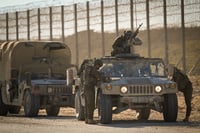


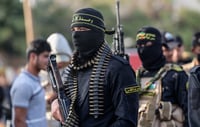
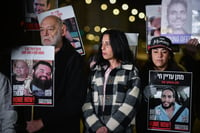
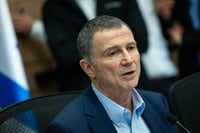

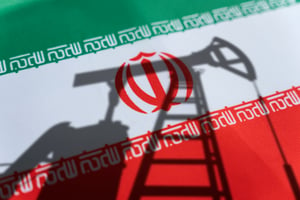
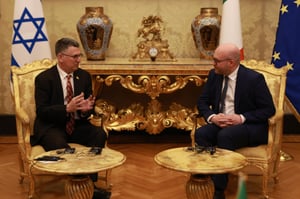
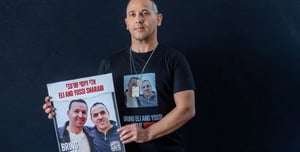
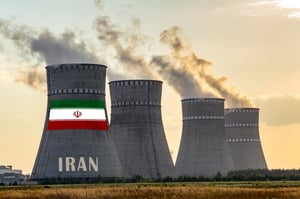
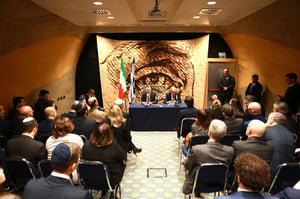
0 Comments